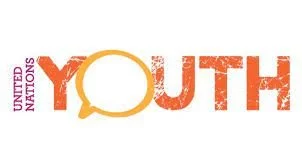Young people between the ages of 15 and 25 constitute a fifth of the world’s population. While they are often involved in informal, politically relevant processes, such as activism or civic engagement, they are not formally represented in national political institutions such as parliaments and many of them do not participate in elections. This can impact on the quality of democratic governance. The inclusion of youth in formal politics is important, as the 2011/2012 Arab States popular uprisings and various Occupy movements have demonstrated. In countries in transition, fresh ideas and new leadership can help to overcome authoritarian practices. Where youth-led protests have forced authoritarian regimes from power, significant frustration is likely to arise if youth are not included in new formal decision-making. This can destabilize democratization and accelerate conflict dynamics.
Youth, Political Participation And Decision-Making
They can be a creative force, a dynamic source of innovations, and they have undoubtedly, throughout history, participated, contributed, and even catalyzed important changes in political systems, power-sharing dynamics, and economic opportunities. However, youth also face poverty, barriers to education, multiple forms of discrimination, and limited employment prospects and opportunities.
Digital Civic Engagement By Young People | Rapid Analysis
Many of today’s youth take to digital spaces to develop their civic identities and express political stances in creative ways, claiming agency that may not be afforded to them in traditional civic spaces. The key difference between civic engagement by youth today and older, more traditional forms of action is the availability of digital technology, which provides a low-barrier-to-entry canvas for young people to create content that is potentially vastly scalable.



